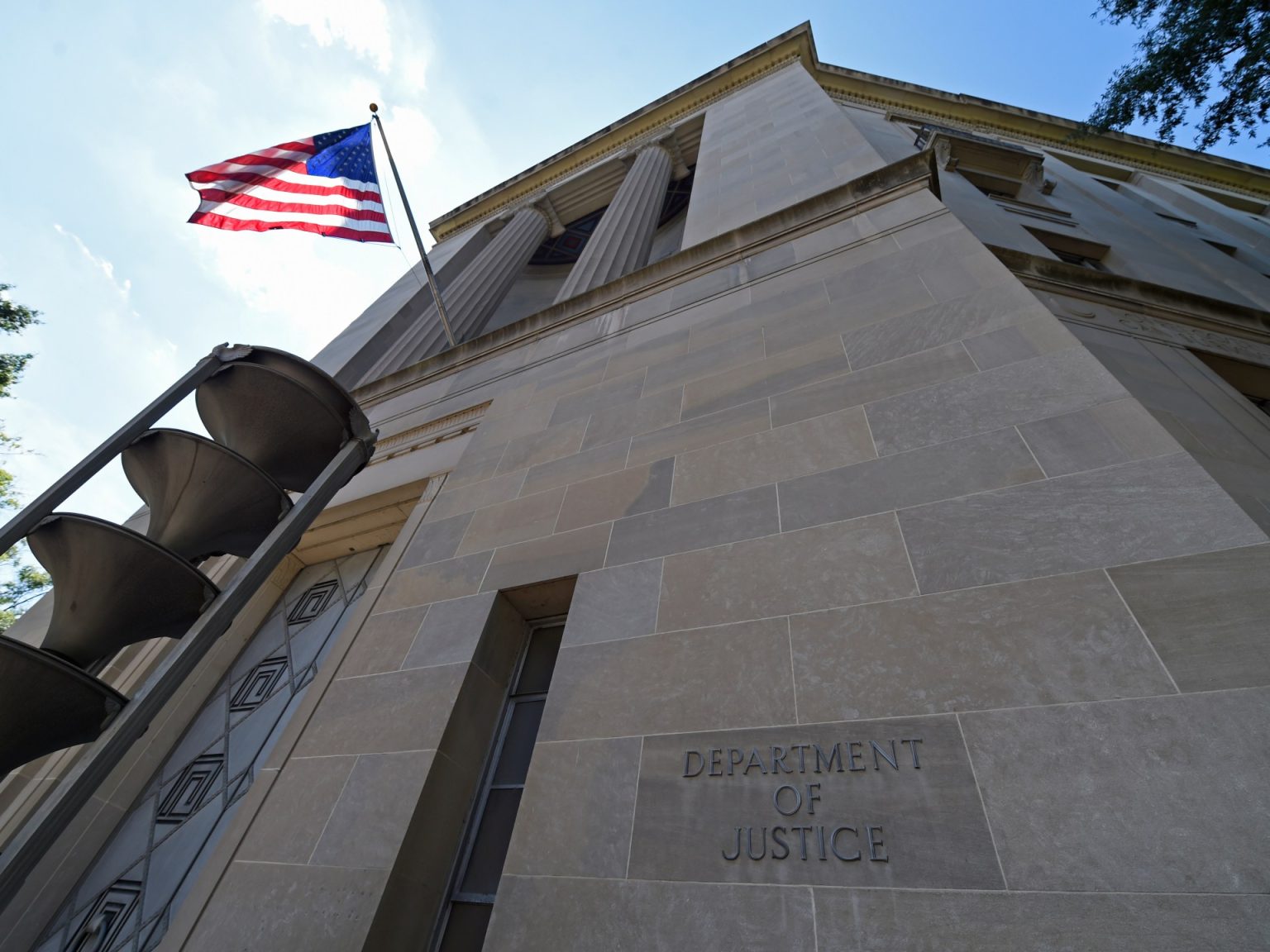Raul Gorrin Belisario, the owner of Venezuela’s pro-government Globovision news network, has been charged by the United States Justice Department for allegedly taking part in a $1.2 billion scheme to launder corrupt oil money obtained from Venezuela’s state-owned energy company, PDVSA, in exchange for bribe payments to Venezuelan officials. Gorrin, who faces up to 20 years in prison if arrested and convicted, has been accused of using the US financial system to facilitate these crimes and enrich corrupt government officials.
This is not the first time Gorrin has come under scrutiny by the US justice system. In 2020, he was placed on the US Immigration and Customs Enforcement’s “Most Wanted List” after being charged with money laundering and violating the Foreign Corrupt Practices Act. In that case, Gorrin is alleged to have bribed senior Venezuelan officials to secure profitable currency exchange rates for the government, using wire transfers and funds for luxury items like private jets, yachts, and high-end watches. The US claims jurisdiction in this case because Gorrin and his associates planned the bribery payments from South Florida and made transfers to bank accounts in Florida and New York.
Despite being under investigation, Gorrin managed to evade arrest and was reportedly seen living in Caracas, Venezuela’s capital. The US government, a vocal critic of President Nicolas Maduro’s administration, has a history of targeting high-level Venezuelan officials accused of corruption. In September, sanctions were imposed on 12 officials aligned with Maduro for their involvement in fraudulent activities during the disputed presidential election, which led to Maduro being declared the winner by the government. The opposition, however, asserts that their candidate was the actual winner based on the election results.
Gorrin’s alleged involvement in money laundering and bribery activities underscores the pervasive corruption within Venezuela’s government and its state-owned enterprises like PDVSA. The ties between influential media figures like Gorrin and the Maduro regime raise questions about the complicity of the media in promoting or enabling such corrupt practices. The indictment of Gorrin also highlights the US government’s efforts to combat corruption on an international scale and hold individuals accountable for illicit activities that transcend national borders.
The case against Gorrin sheds light on how corrupt practices in Venezuela have extended beyond the country’s borders, implicating individuals with ties to the government in illicit financial activities. The collaboration between Venezuelan officials and private individuals to exploit the US financial system for personal gain underscores the need for international cooperation in combating such transnational crimes. As Gorrin remains at large, the US Justice Department’s pursuit of justice in this case serves as a warning to others involved in similar criminal activities that they will be held accountable for their actions.
In conclusion, Raul Gorrin Belisario’s indictment for money laundering and bribery-related offenses reflects the complex web of corruption that has plagued Venezuela’s government and its state-owned enterprises. The involvement of media moguls like Gorrin and their alleged ties to high-ranking officials underscore the pervasive nature of corruption in the country. The US government’s efforts to target individuals like Gorrin for their illicit activities demonstrate a commitment to combating corruption on a global scale. As the case progresses, it will be important to see how international cooperation and legal mechanisms are utilized to hold accountable those involved in such criminal schemes that exploit the financial systems of multiple countries.













